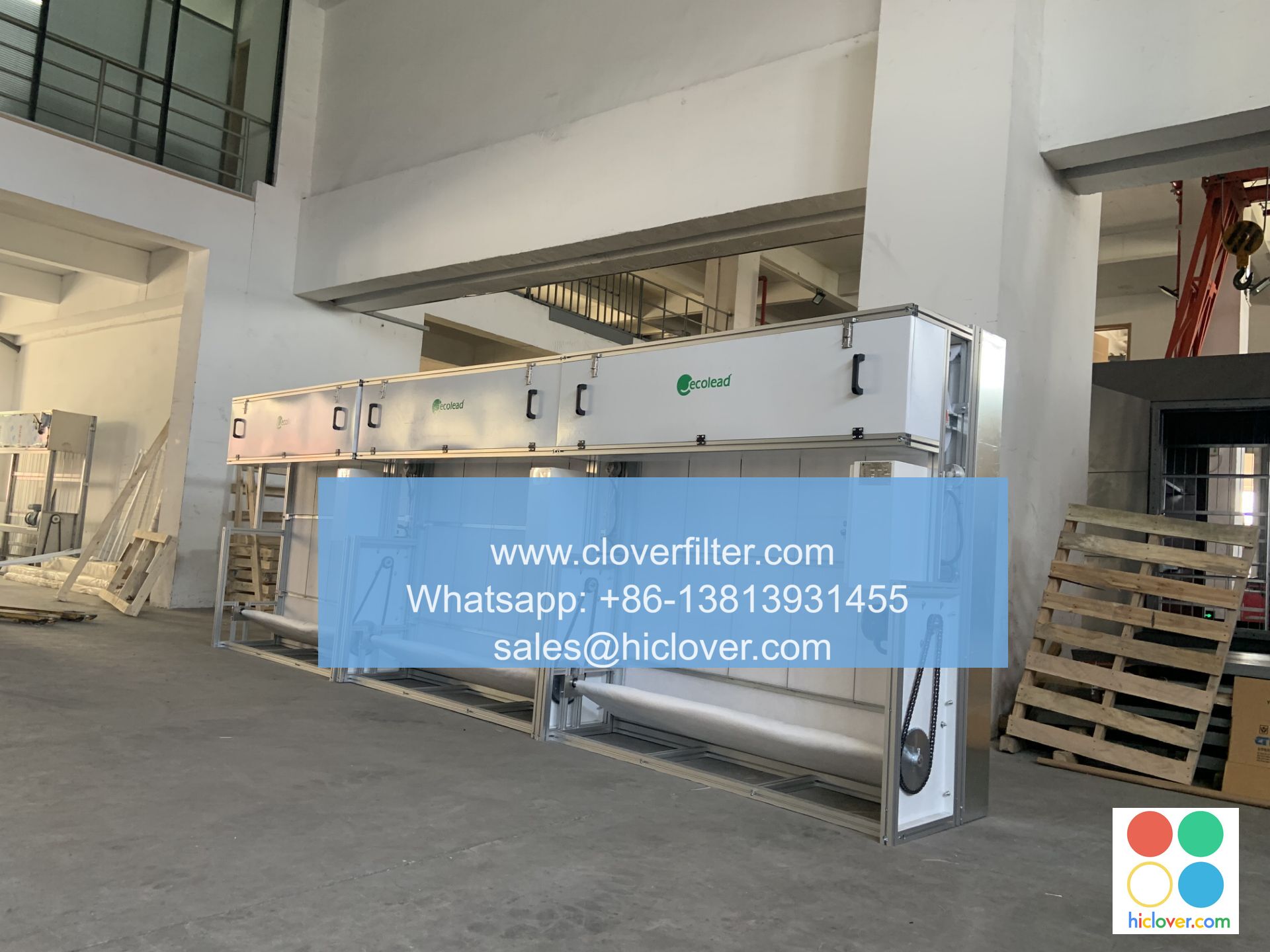Air Pollution and Your Health: The Role of Air Filtration

Air pollution is a global issue that affects not only the environment, but also the health of millions of people worldwide. The World Health Organization (WHO) estimates that around 9 out of 10 people breathe polluted air, which can have severe consequences on human health. In this article, we will explore the impact of air pollution on our health, the role of air filtration, and highlighting various application areas where air filtration can play a crucial part in improving indoor and outdoor air quality.
The Consequences of Air Pollution
Air pollution is the Invisible Killer, responsible for an estimated 7 million premature deaths every year. The most significant contributors to air pollution are particulate matter (PM2.5), nitrogen dioxide (NO2), and ozone (O3). These pollutants can cause a range of health problems, including:
- Respiratory issues: Asthma, chronic obstructive pulmonary disease (COPD), and lung cancer
- Cardiovascular disease: High blood pressure, heart attacks, and strokes
- Neurological disorders: Cognitive impairment, anxiety, and depression
The Role of Air Filtration
Air filtration is a crucial step in reducing the effects of air pollution. Air filters can capture pollutants and particulate matter, improving indoor and outdoor air quality. There are various types of air filters, each designed for specific applications:
- HEPA (High Efficiency Particulate Air) filters: Captures 99.97% of particles as small as 0.3 microns, effective for residential and commercial use
- Activated Carbon filters: Effective for removing gases, volatile organic compounds (VOCs), and odors
- UV (Ultraviolet) filters: Inactivate bacteria, viruses, and germs, ideal for hospitals, residential, and commercial use
Application Areas for Air Filtration
Air filtration has various applications across different industries, including:
- Residential: Install air filters in HVAC systems, air purifiers, and stand-alone units to improve indoor air quality
- Commercial: Use air filters in office buildings, schools, and healthcare facilities to reduce air pollution and improve employee health
- Industrial: Implement air filtration systems in manufacturing facilities, power plants, and other industrial settings to minimize pollution and worker exposure
- Automotive: Fit air filters in vehicles to reduce particulate matter and VOCs, improving driver and passenger health
Conclusion
Air pollution is a significant global health concern, and air filtration is a critical solution. By understanding the role of air filtration, we can take action to reduce the impact of air pollution on our health. Whether in residential, commercial, industrial, or automotive settings, air filtration can play a vital part in improving indoor and outdoor air quality.
Key Takeaways
- Air pollution is responsible for millions of premature deaths annually
- Air filtration can capture pollutants and particulate matter, improving air quality
- Different types of air filters suit specific applications, such as residential, commercial, industrial, and automotive
- Air filtration is essential for reducing the effects of air pollution and promoting better health
References
- World Health Organization (WHO). (2020). Air pollution. Retrieved from https://www.who.int/news-room/fact-sheets/detail/air-pollution
- Environmental Protection Agency (EPA). (2020). Air pollution. Retrieved from https://www.epa.gov/air-pollution
I hope you enjoy this article! Let me know if you have any questions or if you’d like me to add anything.
It seems you’re ready to start a conversation! What would you like to talk about? Would you like to discuss a particular topic, or would you like me to suggest some prompts to get us started?

